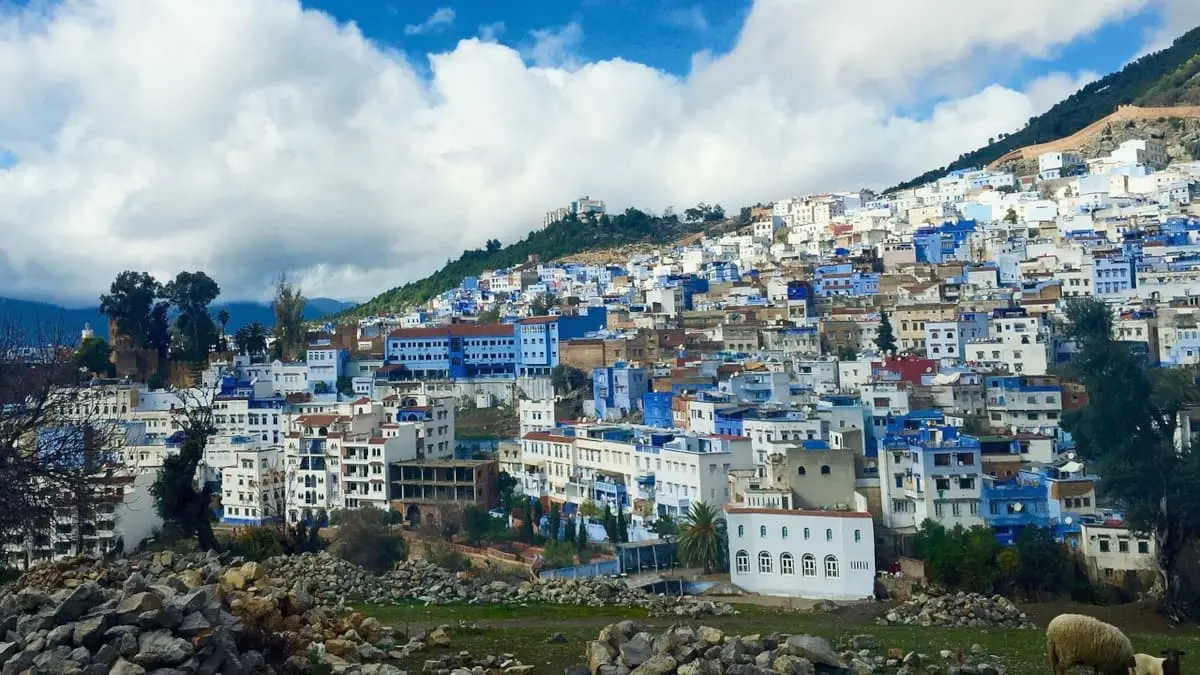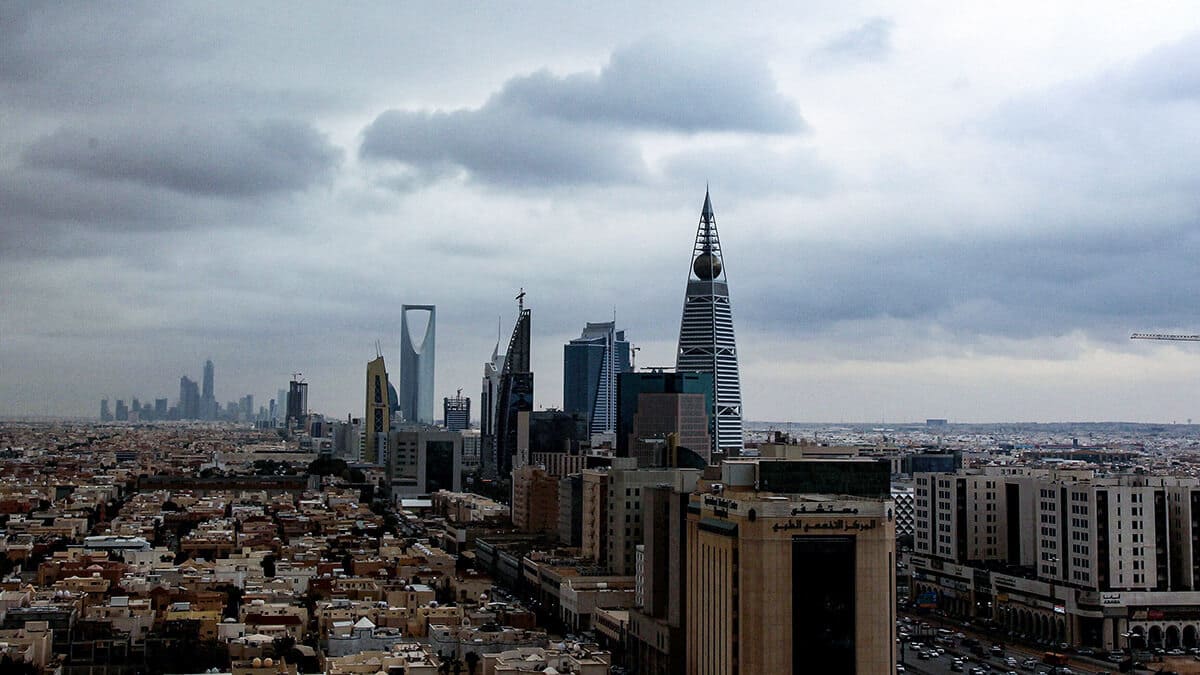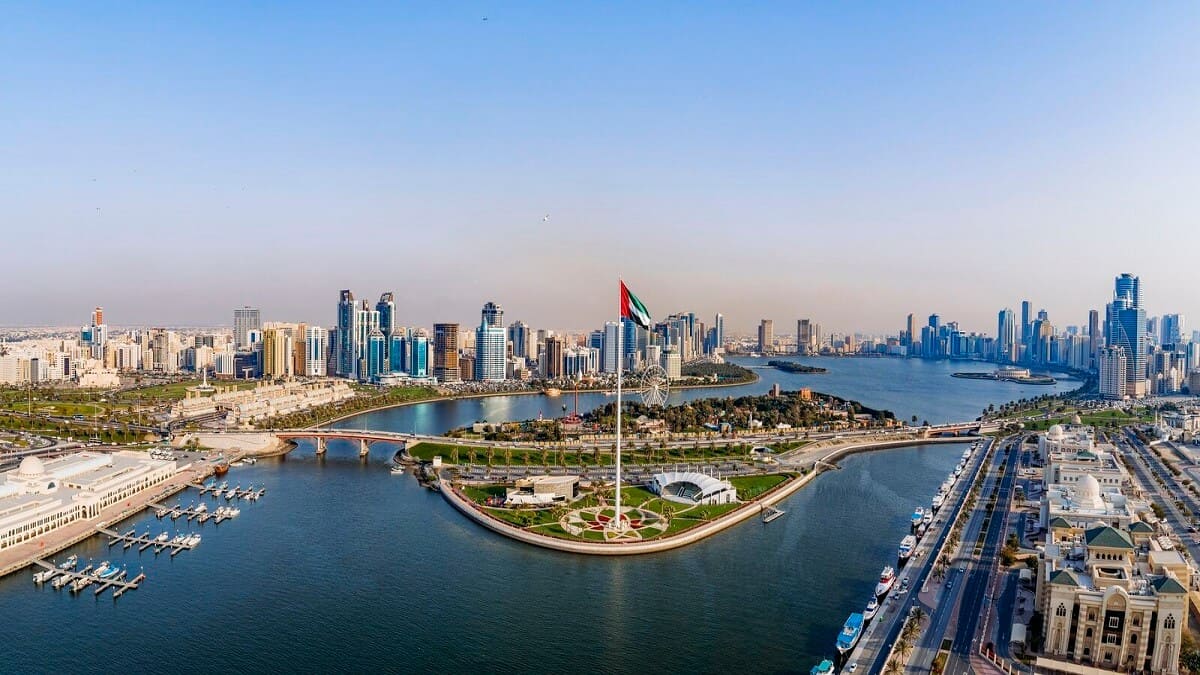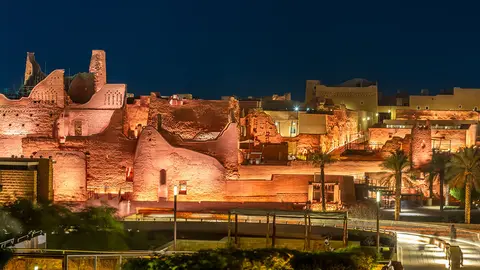Karmen Garrido: ‘Travelling is not just tourism, it is about discovering cultures and breaking down prejudices’

Tourism plays an important role in global economic development, in the breaking down of stereotypes and prejudices, and in the global interconnection of countries. Tourism is an industry driven by the emerging sentiment of facilitating the breaking down of borders; facilitating intercultural dialogue; allowing about different cultures; learning or tolerating other languages; tasting new flavours and learning about history through gastronomy and art.
World Tourism Day 2024 is a new opportunity to claim the decisive and vital role in understanding between nations at a time of deep international tension. Tourism, and its fundamental role in society around the world, is a major source of employment that drives economic progress, both locally and nationally, equality and inclusion.

At the national level we should not only embrace tourism as a GDP figure, but historically it has meant a development of rurality that helps to alleviate the so-called ‘Empty Spain’. The appropriate development of tourism plans at national level, and of course on a smaller scale, is a differentiating element for Spain to continue to be a country that is known and enjoyed. Knowledge and enjoyment of nature through tourism also leads to knowledge of the natural environment and the cultures of its inhabitants. It also raises awareness of how to conserve the environment and cultures.
Karmen Garrido, president of the Spanish Federation of Tourism Journalists and Writers (FEPET), spoke in depth about the communiqué, claiming the role of tourism as global development, a brake on world tension and the fight against depopulation. She also analysed the importance of how to inform well without violating any rights.
Karmen, I have read the communiqué because it seems to me coherent, complete, timely... What is the Federation's aim with this statement on World Tourism Day?
Our aim is to emphasise that tourism is important in many ways. They are all described in this communiqué. We have tried to be as concise as possible, but also as illustrative as possible. I think it is important for people to travel and to travel responsibly and respectfully. That allows them to discover a lot of things, because it is clear that tourism is culture.
It's culture because you discover, you understand, and sometimes even getting closer to other cultures allows us to understand things that we didn't understand before and that we even criticised. We break taboos, we break black legends, because there are a series of things that are said, that are not argued and that are fallacious most of the time. And by going to places, talking to people, seeing their culture, their whole environment, we discover many things.
This is what we want to launch from FEPET.
And then there are the professionals who write about it. Telling about things, putting them in the hands and in the sight of other people, allows them to perhaps take advantage of the opportunity to go to that place. Suddenly they will feel the desire to travel, to have more culture, to socialise, that's what we are looking for and we have many plans. So you will find out, little by little, because the new executive committee, with me at the head, has just come in.

Knowledge is fundamental. We have to promote, as you rightly say, responsible tourism without exaggerating, because there are times when the media are giving a lot of encouragement to very small groups that make a lot of noise against tourism without thinking about the consequences that, for example, we had during COVID, when there was no tourism at all and there were a lot of people who had a very bad time.
Very badly. I agree completely. Travelling is about taking your time. There are many people who maybe in a week or in four days go from one city to another, from one country to another, and they say: ‘No, no, I know such and such a place, I know...’. And I say to them: ‘In how long?’ And they say: ‘No, it was three days, but...’, so you don't know, you have passed through. Going through is not knowing.
No, for example, I also collaborate with Exceltur, which is the tourism employers' association, which brings together hoteliers, restaurants, travel agencies, transport agencies, operators, etc., and they are aware of the problem that these illegal tourist flats can create. Here we must demand that the competent authorities regulate and prevent abuse and the use of tourist flats, which are also causing a lot of damage to neighbourhoods, but they are the ones who are already seeing solutions and the need for tourism to be channelled in ways that can be beneficial and, above all, respectful of everyone.
Yes, of course, because creating tension among the population is not the solution. This has to be regulated, this has to be focused on because it is creating a series of anxieties and tensions that are not necessary. On the contrary, quite the contrary. Measures must be taken, obviously, and if our support, our collaboration, is ever needed, we will be there.

Yes, I believe that our role is to provide good information. I have also had, throughout my career, the privilege of directing two relevant reports on how to report on child violence and how to report on gender violence. Often, how to report, without, of course, imposing anything on anyone, but rather reaching a consensus, as we did in those studies, with the opinion of almost a thousand journalists throughout Spain. It is a commitment that we in the media must take on because it is not enough to have an audience.
Absolutely. I also collaborate with children's villages. I have been working with them for six years to create, to write, based on the analysis of hundreds of news items about children and adolescents.... And here we also have to create an awareness in the journalists, in us, that we have to respect, that not everything goes. We have to have respect.
Before launching a news item, you have to make sure that it does not violate someone's privacy, that it is not biased. Those of us who have a conscience and are clear about it, also have a job to try, because no one pretends to say what they have to say. But appealing to conscience and clean judgement is always good.










